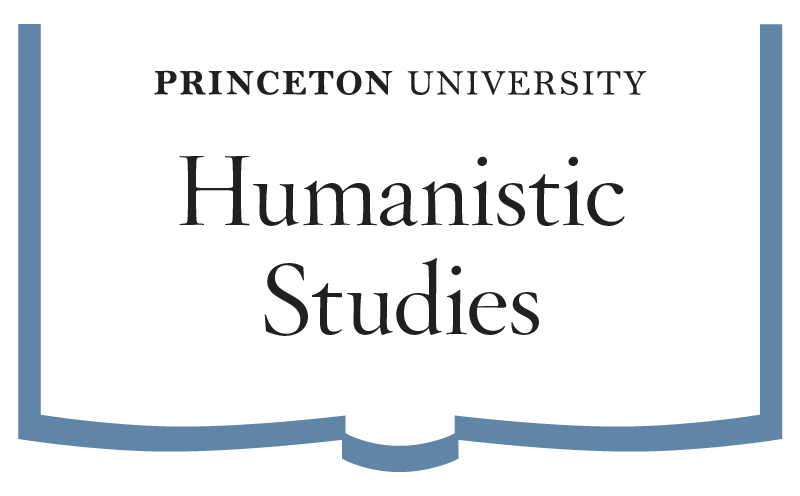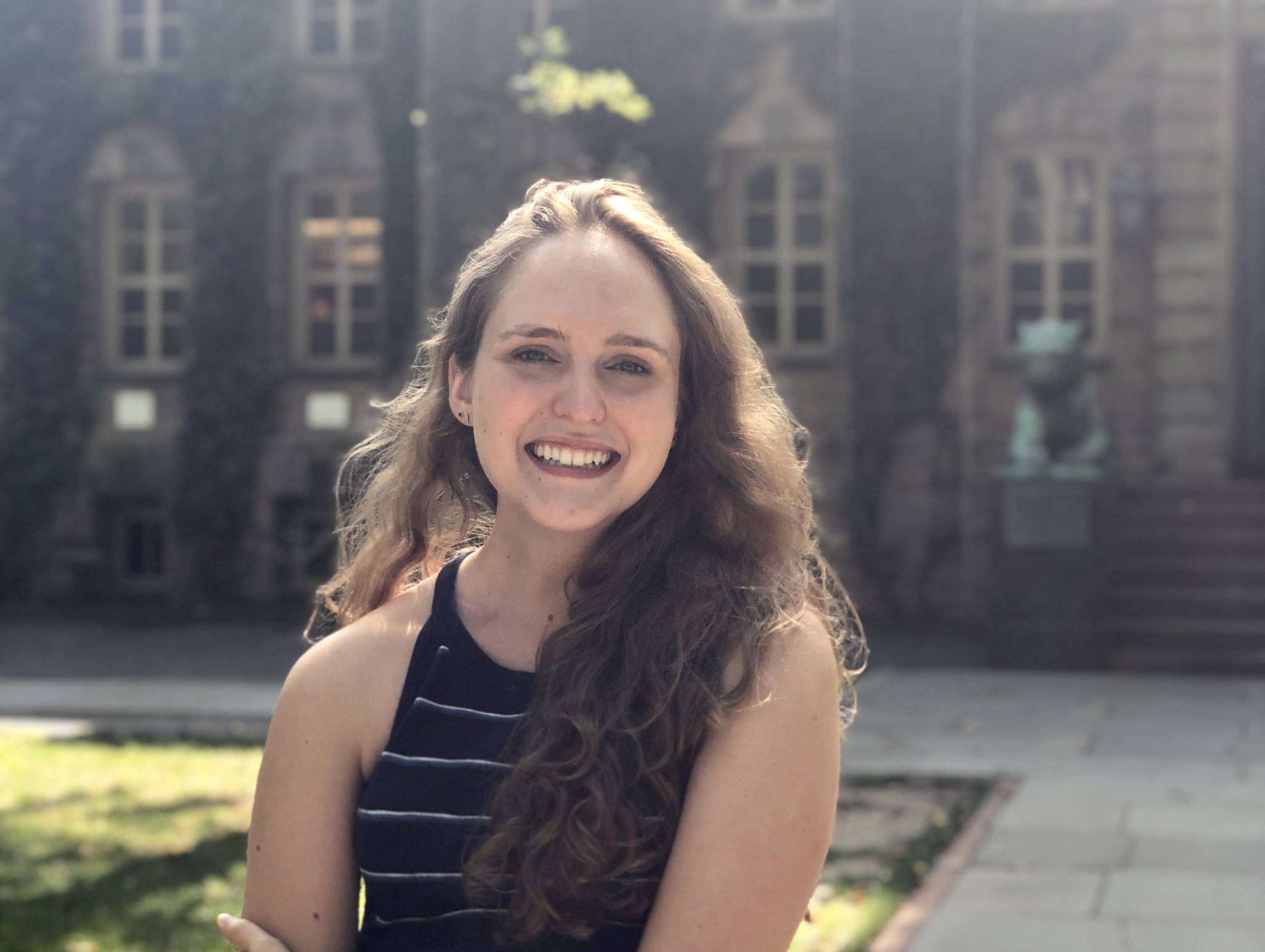Religion major with certificates in Ethnographic Studies, Urban Studies, and Humanistic Studies.
Role(s) held in the Humanistic Studies Program:
Certificate Student, Humanities Mentor, Symposiarch, Behrman Society
Activities on campus:
Pace Council for Civic Values, Community House After School Academy, Religious Life Council, Princeton Asylum Project
Honors:
Shapiro Prize for Academic Excellence
Fisher Award
Pyne Prize
Why I decided to study the humanities:
I chose to major in the humanities, even as my research methods come from the social sciences, because I wanted to be able to think through complex, real-world questions using a variety of methods, ranging from ethnography, to theology, to critical theory, to cultural studies, to literary criticism.
What I have gained from the humanities:
What I’ve gained from studying the humanities is a community of people—professors, peers, authors, friends—who challenge me to ask better questions. This has been a real gift not only as I embarked on my independent projects but as I now approach the questions of post-graduate life. I am immensely grateful for a community of shared values, curiosity, and a commitment to producing scholarship that engages the world as it is and creatively imagines what could be.
Independent work:
My independent work is ethnographic, focusing on the emerging unhoused village movement, first in my hometown of Akron, Ohio and then in Portland, Oregon. Villages are self-governing communities run by unhoused people, usually semi-sanctioned by city governments on public property. My independent work allowed me to think through the relationship between village communities, faith communities, the Catholic Worker, Catholic Charities, and the democratic management of land in the city.
HUM Sequence fall break trip:
I participated in the 2017 fall break trip to Rome with Professor Baraz and Professor Schor. While in Rome, I visited the Museo Storico della Liberazione, a museum memorializing the lives lost during the Nazi occupation of Rome, and the Chapel of the 20th Century Martyrs at the Basilica di San Bartolomeo all’Isola Tiberina. The goal of my project was to explore the incorporation of contemporary figures into the visual and cultural traditions of sainthood, victimhood, and martyrdom.













